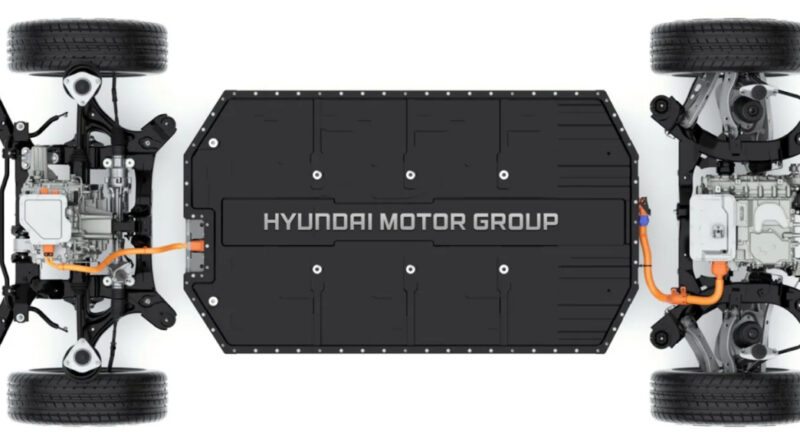
Innovative technologies are emerging as pivotal forces in the transition away from fossil fuels. As the fossil fuel industry faces increasing scrutiny and challenges, advancements in energy storage and electric motor technology are gaining traction. These developments promise to reshape the future of energy consumption, potentially reducing reliance on fossil fuels significantly.
One significant breakthrough is in the realm of **solid-state batteries**, which have been under research for several decades. These batteries offer advantages over traditional lithium-ion batteries, including higher energy densities, faster charging times, and enhanced safety features that minimize the risk of battery fires. While still in experimental stages, solid-state batteries hold the potential to revolutionize sectors where weight and efficiency are critical, such as electric aviation.
Hyundai Motor Group is at the forefront of this innovation, having recently applied for a patent for a new solid-state battery technology that utilizes **copper anodes**. Copper is known for its excellent conductivity but is typically susceptible to corrosion from sulfides used in many solid-state batteries. Researchers at Hyundai have developed a protective coating for copper that enhances its durability and adhesion, ensuring better performance over multiple charge-discharge cycles. The company is actively pursuing the commercialization of these batteries, with plans to initiate pilot production at its **Uiwang Research Institute**.
In parallel, advancements in electric motor technology are also contributing to a decline in fossil fuel dependency. **Orbis Electric** has introduced the **HaloDrive**, an axial flux motor designed for heavy-duty vehicles. This motor features a modular, four-part architecture that includes innovative components such as an injection-molded plastic stator. The HaloDrive promises superior performance, boasting a torque density of **100 Nm/kg**, which rivals that of a V8 engine.
The HaloDrive motor’s efficiency is notable; it is reported to be as much as **35% cheaper** than conventional radial flux motors while achieving an energy efficiency of **97%**. This technology not only enhances vehicle performance but also reduces emissions significantly. For instance, when applied in refrigeration units for semi-trailers, the HaloDrive can deliver a **100% reduction in diesel refrigeration fuel consumption** and is estimated to operate at **90% lower costs**.
The transition from fossil fuels to cleaner energy alternatives is no longer a distant prospect. As technological advancements continue to lower costs and improve efficiency, the fossil fuel industry faces mounting pressure to adapt. The historical narrative that everything possible has already been invented is being countered by a relentless wave of innovation.
The changes underway indicate a growing recognition within the industry that relying solely on fossil fuels is unsustainable. As companies like Hyundai and Orbis Electric lead the charge in developing new technologies, the fossil fuel sector may find its days numbered. The urgency for a shift to sustainable energy solutions is evident, and the market dynamics are shifting in favor of cleaner alternatives.
While regulatory landscapes may fluctuate, the momentum of technological change is likely to persist. As more efficient and cost-effective solutions become available, the fossil fuel industry’s grip on energy markets will weaken. The future of energy appears to be leaning towards sustainability, with innovative technologies driving the transition forward.





